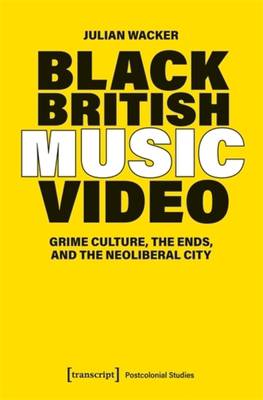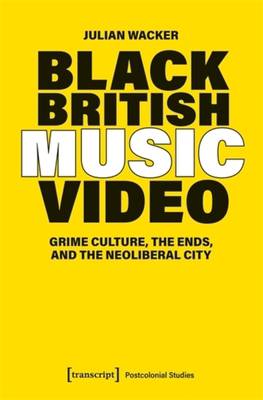
- Afhalen na 1 uur in een winkel met voorraad
- Gratis thuislevering in België vanaf € 30
- Ruim aanbod met 7 miljoen producten
- Afhalen na 1 uur in een winkel met voorraad
- Gratis thuislevering in België vanaf € 30
- Ruim aanbod met 7 miljoen producten
Zoeken
€ 54,45
+ 108 punten
Omschrijving
Since the early 2000s, creatives in UK grime music and attendant genres have voiced and displayed dissent toward neoliberal politics and violent inner-city planning through the medium of music videos. Julian Wacker shows that music videos produced for artists like Dizzee Rascal, Jorja Smith, Kano, Kojey Radical, and Scarlxrd reframe politically disenfranchised and culturally stigmatized council-housing estates as unruly and malleable spaces on the move, ultimately disrupting the exclusionary patterns stratified across the neoliberal city. Reading these music videos also provides insights into how they intervene in stereotyping narratives surrounding Black British >urban
Specificaties
Betrokkenen
- Auteur(s):
- Uitgeverij:
Inhoud
- Aantal bladzijden:
- 300
- Taal:
- Engels
- Reeks:
Eigenschappen
- Productcode (EAN):
- 9783837679359
- Verschijningsdatum:
- 28/04/2026
- Uitvoering:
- Paperback
- Formaat:
- Trade paperback (VS)
- Afmetingen:
- 148 mm x 225 mm
- Gewicht:
- 300 g

Alleen bij Standaard Boekhandel
+ 108 punten op je klantenkaart van Standaard Boekhandel
Beoordelingen
We publiceren alleen reviews die voldoen aan de voorwaarden voor reviews. Bekijk onze voorwaarden voor reviews.







